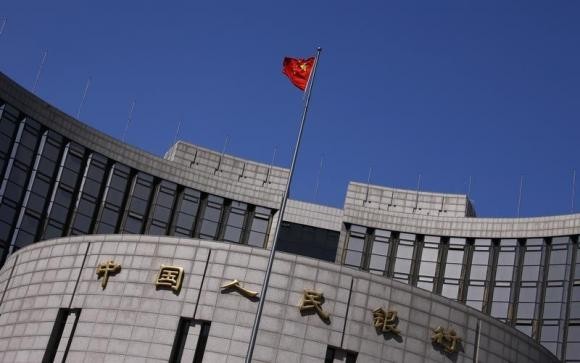During his historic speech before the attendees of the World Economic Forum (WEF), held this week in the Swiss Alpine town of Davos, Chinese Premier Li Keqiang projected composure as his nation settles into a period of slowed economic growth.
Widely considered the world's largest economy in 2015, China has experienced a phenomenal rate of expansion over the last several decades that has now entered a different phase--described by President Xi Jinping in May 2014 as the "new normal"--so the premier assured his global counterparts that the risks are under control.
Li emphasized the importance of medium-to-fast economic growth over the next two decades that will make sure that China avoids any harsh ramifications.
The premier explained to the WEF gathering:
"China has much room for urban, suburban and regional development, and domestic demand has huge potential. . . . China's condition will continue to improve and China will bring more opportunities to the world if China's economy keeps growing at medium to fast speed for 10 to 20 years."
Such confidence was shared by Zhou Xiaochuan, governor of the People's Bank of China (PBC), who was optimistic about a temporary slowing down of the Chinese economy, saying on Wednesday that "I think that's good news," provided that it "is more sustainable for the medium and long-term" in the meantime.
The Chinese leader's sentiment echoed that of the nation's president, who recently completed his first domestic inspection tour of 2015 in the Yunnan Province.
Xi assured earthquake survivors that their homes and towns will be rebuilt with the assistance of the government, and drew upon his confidence in the future trajectory of China's economy to speak about the poverty alleviation initiatives that will be undertaken in the underdeveloped ethnic regions.
However, the president also insisted that China has a six-year time frame to complete its development activities within.
Li, who was the first Chinese leader to speak at the Davos WEF since 2009, reaffirmed China's commitment to a prudent monetary policy and proactive fiscal policy. According to the premier, China's leaders are preventing potential financial risks, while the nation's savings ratio bolsters economic expansion.



























